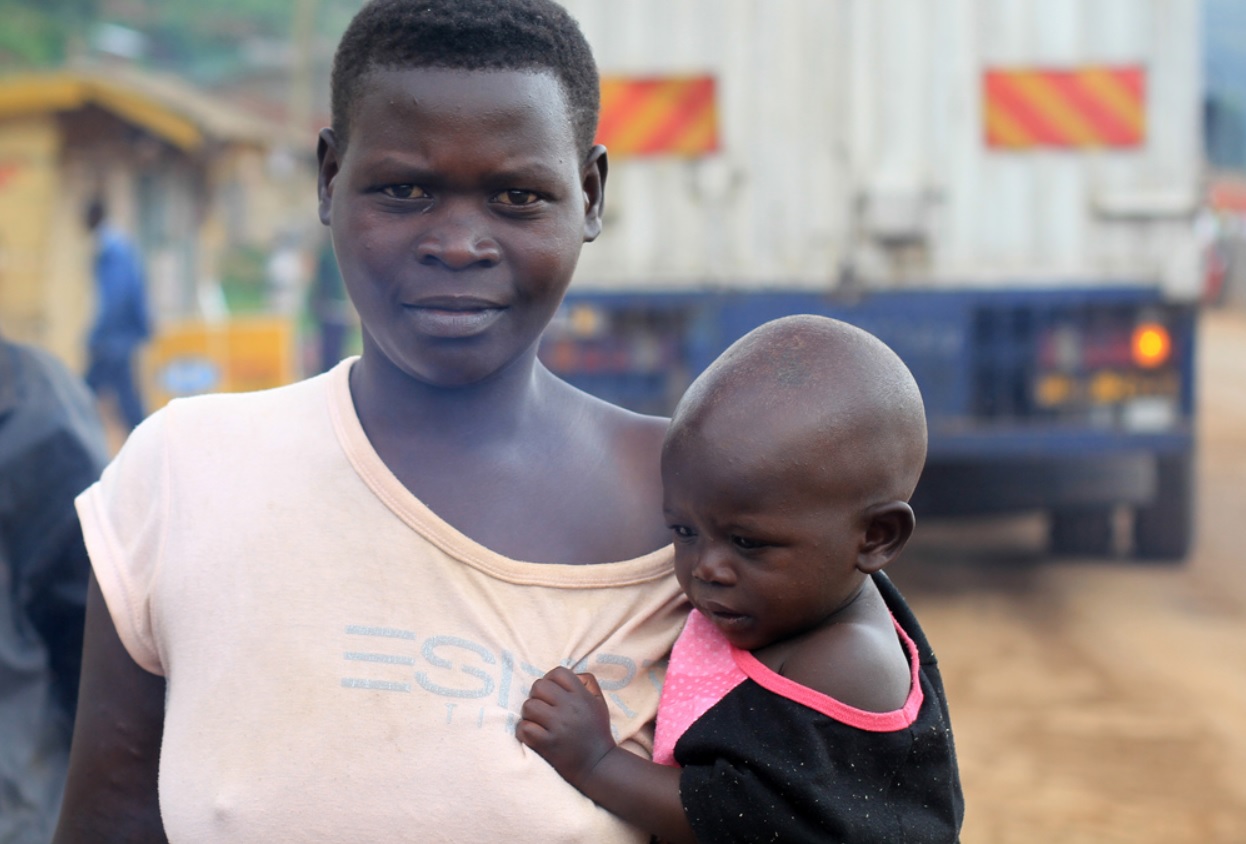HIV/AIDS infections among children up in Kenya within one year: Report

- Country:
- Kenya
While the combat against HIV/AIDs has mainly focused on the adult segment of the society, the latest Kenya Aids Response Progress Report shows that the infants might have been ignored. According to the newly released report, the children aged below 14 contributed to 7,978 of new infections in 2017, an increase from 7,105 in 2016. This shows that despite several steps taken by the Kenyan government and its health ministry to ensure pregnant mothers give birth to HIV-free babies, the figure has augmented in the last one year.
Kenya Aids Response Progress Report states, “52,800 new HIV infections recorded across all ages in the last year, of which 8,000 were among children between zero and 14 years of age.” The figure accordingly translates to around 20 infections per day. According to the report, new HIV infections were higher in boys (at 4,044) in comparison to the girls (at 3,935).
The National AIDS Control Council (NACC) said in a report that the government of Kenya is giving all its endeavor to reduce new HIV infections among adults by 75 percent by 2019. It is also targeting to reduce mother-to-child HIV transmission to 5 percent of the total number of infections by 2019.
An average number of 1.49 million people are living with HIV in Kenya. The majority of that gigantic figure are women while only 713,500 are on anti-retroviral treatment, whereas Kenya recorded 28,200 deaths in 2017. The HIV programming expenditures for mass awareness augmented from the US $582 million to $946 million between 2014/15 and 2017/18. Now the nation aims to increase the financing to 50 percent for its eradication.
The latest Kenya Aids Response Progress Report, stating an increase in the number of HIV infected babies, is undeniably surprising because Kenya already adopted the Option B+ programme by UNICEF alongside UN’s programme on HIV and AIDS. The programmes ensure that the infected mothers and their babies continue receiving anti-retroviral drugs to keep the new-borns HIV-negative, whereas the benefits of breast milk would not be compromised.
ALSO READ
Police crack down on illegal stock trading call centre in Ujjain, arrest three individuals in Mumbai raids
Tamil Nadu: ED raids various locations in drug-related PMLA case involving ex-DMK member Jaffer Sadiq
Three Palestinians killed in West Bank military raids and settler rampage
Brazil court says government must compensate victims of stray bullets in police raids
Three Palestinians, including Hamas gunman, killed in West Bank raids










